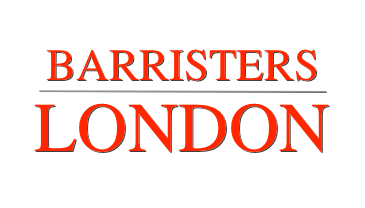Sexual Behaviour of Professionals: when is it wrong?
Sexual misconduct towards, patients, relatives, clients, young people, children or colleagues is considered to be a serious breach of trust, by regulators. Such conduct undermines public confidence in the profession and the reputation of the professions more widely.
Sexual misconduct as a professional can be wide ranging, from chatting on social media, to criminal convictions for assault or child abuse, leading to registration on the sex offenders register and the DBS barred lists, as well as to serious sanctions at the regulatory level.
Predatory conduct will be viewed as especially grave conduct. Depending on the extent of the behaviour, sexual misconduct can lead to erasure.
In the case of GMC v Khetyar [2018] EWHC 813 (Admin) the GMC appealed the decision of the MPT to suspend the doctor for sexually motivated cupping and squeezing of the patients’ breasts in the guise of a medical examination and a paramedic, to whom he was providing medical treatment at the relevant time and sexually motivated harassment of a nurse. The High Court Judge overturned the decision of the MPT and the doctor was erased from the register.
In other cases the conduct complained of has found not to be sexually motivated, see for example: Arunkalaivanan v GMC [2014] EWHC 873 – where it was found that a breast examination, rather than being sexually motivated, was a rushed examination that left the patient feeling violated.
Professionals who have been found guilty of child sex offences, which includes accessing or viewing or having involvement in the exploitation of children have breached the trust placed in them by patients and the public and seriously undermines the reputation of the profession, see, for example: Council for the Regulation of Health Care Professionals v General Dental Council & Fleischmann [2005] EWHC 87 (Admin).
Depending on the extent of the offence/s the Tribunal will have to consider the risk to future patient safety.
Consideration will also be given by the State to placing the Professional on the Children and Vulnerable Adults Barred List. This is undertaken by the Disclosure and Barring Service (DBS).
Professionals found guilty of these types of offences will require rehabilitation and/or assessment before being allowed to resume practice. Where a criminal case is not pursued or teh professonal is found not guilty, a professional regulator may still bring proceedings against the professional, for misconduct. Such cases are usually considered on the balance of probabilities, a much lower threshold than in criminal cases.
If you are a professional seeking legal advice or legal representation in relation to a professional disciplinary case or criminal case concerning a sexual allegation, call Barristers.London without obligation and in strict confidence, to see how we might assist you. Our fees are competitive.
Back to Regulatory and Disciplinary Law Page.

Request a
Enquiries
